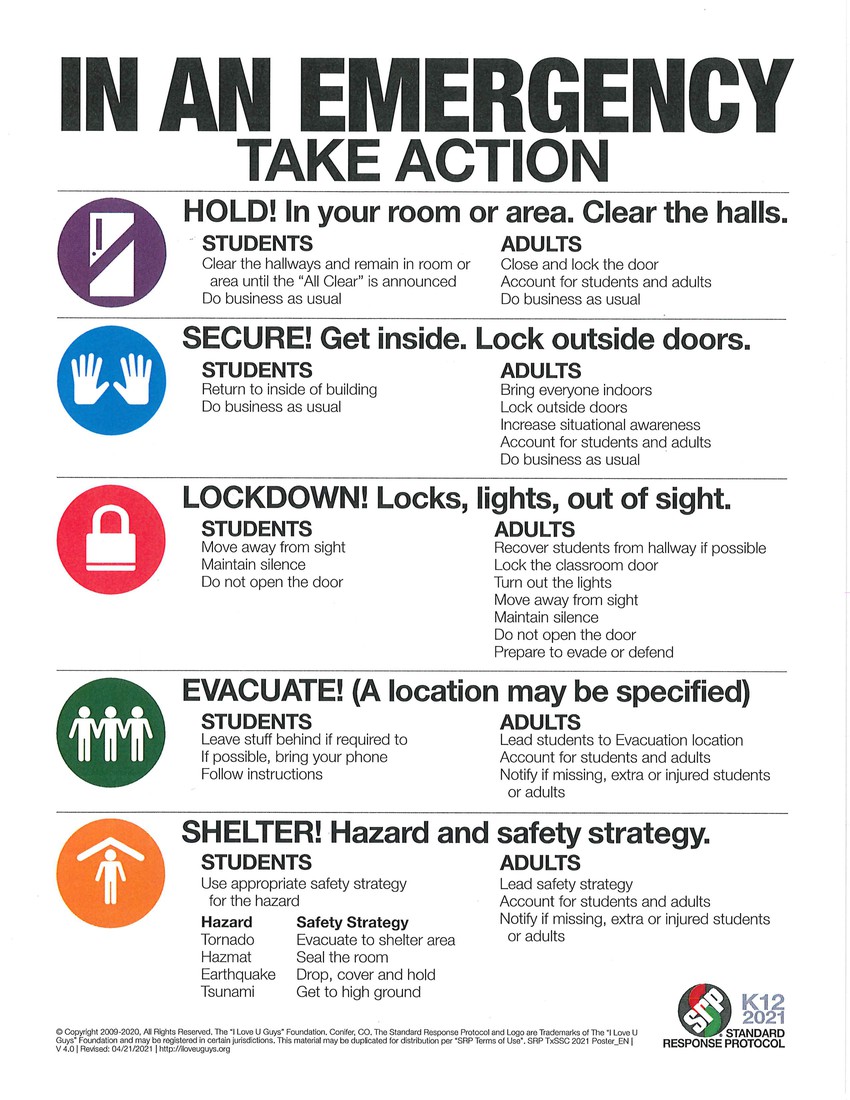
“Send me a picture,” the text reads. Five minutes pass as you weigh the options. Should I keep my underwear on? Take it in the mirror? How do I pose?
Another five minutes pass as you stand in front of the full-length mirror in your bathroom. The lighting makes your skin look yellow and you can’t find a single flattering pose. Finally you get it and press the faux shutter on your cell phone.
Cuh-chuh. The shutter makes an obnoxious noise when you press the button and you’re hoping to God it doesn’t wake up your parents.
“Nice,” is the response and a few messages later you end up with a return photo. This all seems so fun. Blushing in the darkness of your bedroom and silently giggling. Nothing bad can happen from texts being exchanged, right?
Sexting is the word created to explain the act of sending explicit, sexual messages or photos mainly between cell phones. The verb “sexting” has been uttered by newscasters, police, and worried parents over the past couple of years. But what do teenagers think of sexting?
“I think people sext each other to try and impress them,” junior Lawrence Pederson said.
“Most teenagers communicate through texting, especially if they like each other,” said senior Martha Lony. “I don’t think adults would understand.”
Being aware of the dangers of sexting is important before sending the message. The possibility it could be passed around and shown to the recipient’s friends. The recipient’s parents stumbling on their Internet or texting history. Rumors about the sexts going around the school and hurting the sender’s reputation. These are all possible outcomes and it’s advised to consider them before hitting send.
“[The recipient] never keeps it to themselves,” said senior Ina Larson.
According to www.athinline.org, more than 50 percent of people who shared a sexually explicit text message shared it with multiple people. Almost one in five people forwarded a message they received to someone else as well.
Senior Nate Stadheim said he’s heard of guys showing others such messages in the locker room.
“It’s awkward,” Stadheim said about sexting.
Before hitting send, ask yourself some questions. Do you feel comfortable sending a sext to this person? Is the person you’re talking to trustworthy and mature enough to receive an explicit text? Are they pressuring you in any sort of way? www.athinline.org reports 61 percent of senders have been pressured into sending sexts.
Never pressure someone into sending a sext. Don’t forward a sext. Sexters are four times more likely to feel suicidal than non-sexters, www.athinline.org reports.
Distributing a sext can be considered bullying and sexual harassment, and both participating members can be charged with child pornography if under 18.
Despite the risks and consequences of sexting, teenagers will always find new ways to have sexual relations without actually having sex. Whether that’s right or wrong is the individual’s decision.

![“This [photo] is basically the same area,” said science teacher Todd Mikkelsen. “So that [the cover photo] was my photo at dusk. Here it is at night time and there’s something jetting up out of the ground. So it’s the same location, different dates, two different cameras picked up an anomaly in the same region.”](https://www.ahlahasa.com/wp-content/uploads/2025/09/Ghost-Cover-1200x901.png)
























